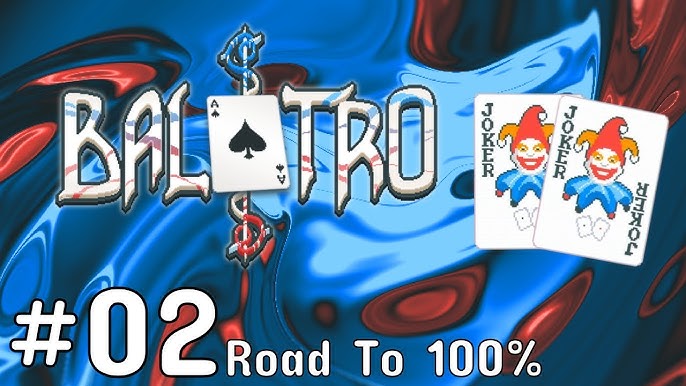The Joker card is one of the most intriguing jokercard and enigmatic elements in the standard deck of playing cards. While many card games omit it, its symbolic power extends far beyond its practical use. From its origins in the 19th century to its representation in modern culture, the Joker card stands as a symbol of chaos, enweghi ugbo, and the duality of human nature. Akụkọ a na-enyocha akụkọ ihe mere eme na-adọrọ mmasị, symbolic significance, and evolving role of the Joker card across different spheres of life.
The Origins of the Joker Card
The Joker card was not part of the original deck of playing cards. It originated in the United States during the mid-19th century as part of the game Euchre. The card, first called the “Best Bower,” was introduced as a trump card in the game and had the highest ranking. Oge n'aga, the design and purpose of the card evolved, and it became known as the Joker.
The Joker’s inclusion in decks of cards spread globally as it began to be used in a variety of other card games. Otú ọ dị, the Joker does not have a standard suit or rank like the rest of the deck, setting it apart as a card of unique status, a wild card capable of taking on different roles depending on the game being played.
Symbolism and Interpretation
Na isi ya, the Joker card represents unpredictability. In many games, the Joker is a “wild card,” capable of representing any other card in the deck. This flexibility has led to the Joker being associated with chaos and chance. Its very nature defies categorization, embodying both potential and disorder.
The Joker’s iconography often depicts a court jester or fool. In medieval European courts, jesters were known for their wit and their role as entertainers, but they also played a deeper function, mocking and satirizing those in power. They could speak truths that others could not, often under the guise of humor. This dual nature of being both entertainer and truth-teller has infused the Joker card with a sense of irony and complexity.
In a broader symbolic context, the Joker can be seen as a trickster figure, akin to characters from mythology like Loki or the Native American Coyote. Tricksters are often boundary-crossers who disrupt the established order, but their actions can lead to growth or transformation. N'otu aka ahụ, the Joker in a deck of cards disrupts the rules, but in doing so, opens up new possibilities.
The Joker in Popular Culture
The Joker’s influence extends far beyond the realm of card games. The most famous example of the Joker in popular culture is the iconic Batman villain, The Joker. This character, who first appeared in Batman comics in 1940, embodies many of the traits associated with the Joker card: enweghi ugbo, chaos, and a twisted sense of humor. N'ime ọtụtụ afọ, The Joker has evolved into one of the most infamous and complex villains in comic book history, representing the dark side of human nature and the chaos lurking beneath society’s ordered surface.
The Joker card has also appeared in other forms of entertainment and media. In literature and film, it often symbolizes chance, fate, or a character’s journey into madness or enlightenment. Dị ka ọmụmaatụ, in movies like The Dark Knight, the Joker villain becomes a personification of chaos and the unpredictable nature of human behavior. The card itself is sometimes used metaphorically to represent a wildcard or an unpredictable element that can change the course of events.
The Duality of the Joker
One of the most fascinating aspects of the Joker card is its duality. N'otu aka, it can be viewed as harmless—a whimsical, funny card that adds an element of surprise to games. N'akụkụ aka nke ọzọ, it can represent darker themes of disorder and destruction. This duality mirrors the human experience, where joy and pain, comedy and tragedy, are often intertwined.
In Tarot, while the Joker does not have a direct counterpart, it is sometimes compared to “The Fool,” the first card in the Major Arcana. The Fool symbolizes new beginnings, innocence, and a journey into the unknown—ideas closely aligned with the unpredictable nature of the Joker in a standard deck. Otú ọ dị, just like the Joker, The Fool can signify both folly and wisdom, highlighting that what appears foolish might actually lead to greater understanding.
Mmechi
The Joker card, with its rich history and symbolic depth, is more than just a playing card. It stands as a symbol of the unpredictable forces that shape our lives—chance, chaos, and transformation. Whether it’s seen as a lighthearted wild card in a game, a trickster figure from mythology, or a symbol of disorder in popular culture, the Joker continues to captivate and intrigue.
As a reflection of the duality within human nature and the unpredictability of the world, the Joker card serves as a reminder that life, like a game of cards, is full of surprises—both delightful and disorienting. And in the end, it is often the wild cards, the unexpected moments, that have the greatest impact on the outcome.

